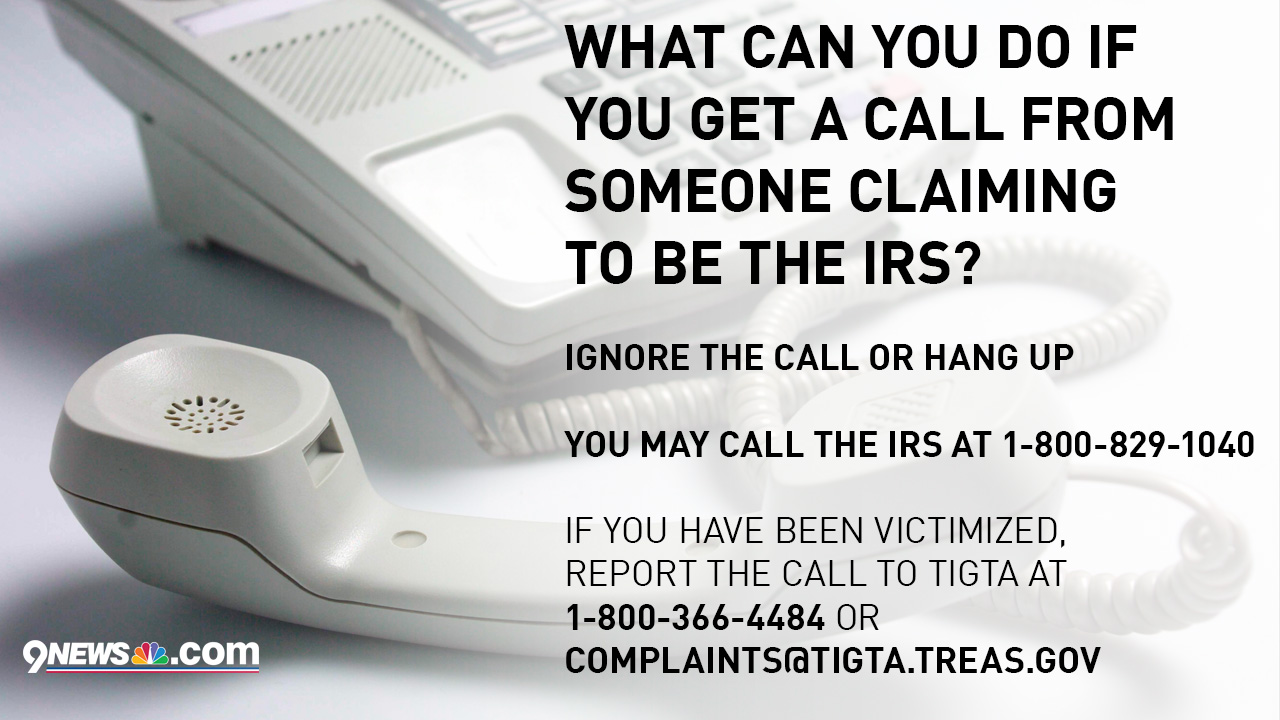Scam artists call claiming they have the consumer’s tax return, and they only need to verify a few details to process the return. The scam tries to get taxpayers to give up personal information such as a Social Security number or personal financial information like bank numbers or credit cards.We get e-mail scams every day from crooks impersonating our bank and credit-card companies. We never click on the links, and if we do have a concern, go directly to the companies' secure websites (for example citibank.com, bankofamerica.com) and login to our accounts. If there's any question whatsoever, we switch over to other credit cards or bank accounts until the matter is cleared.
The reason IRS scams are effective is that the agency is feared more than any single private-sector company (most people are aware that it can seize assets and has caused harm to people and businesses who later proved innocent). It already has our private information, and there's no way to fight it except through the courts (we can't go to a competitor tax agency that will treat us better).
I am grateful that in one respect the IRS is old-fashioned: it conducts official business using letter correspondence. Anachronisms slow things down, but they can protect better, too.

No comments:
Post a Comment